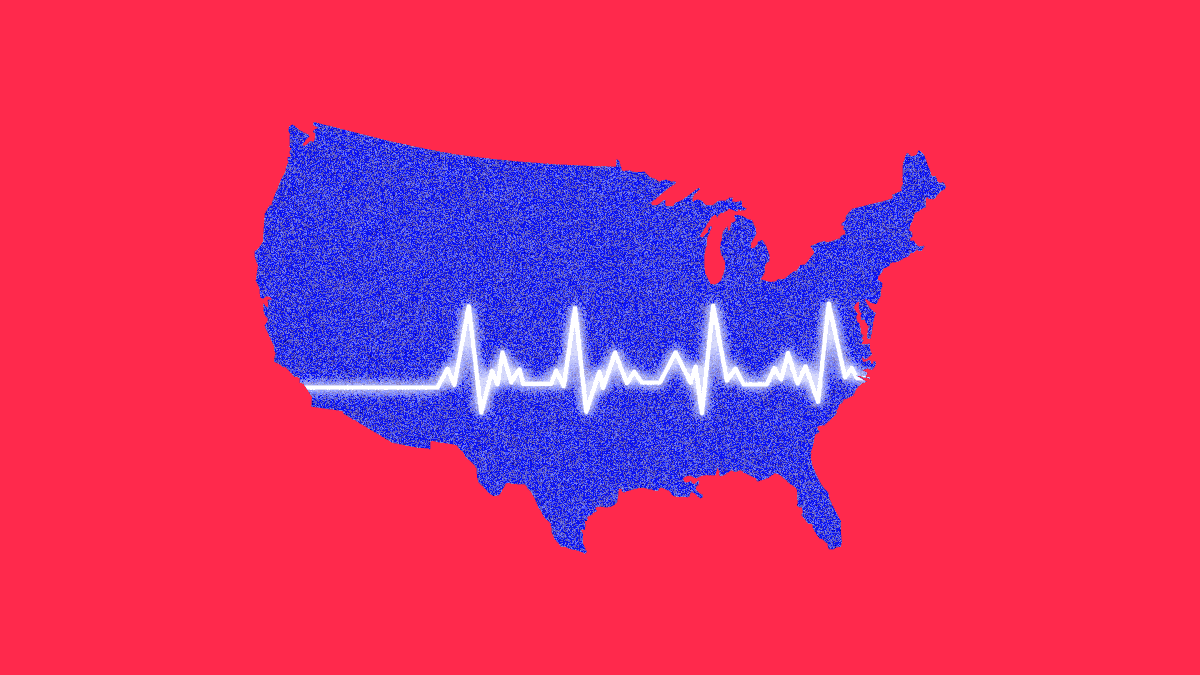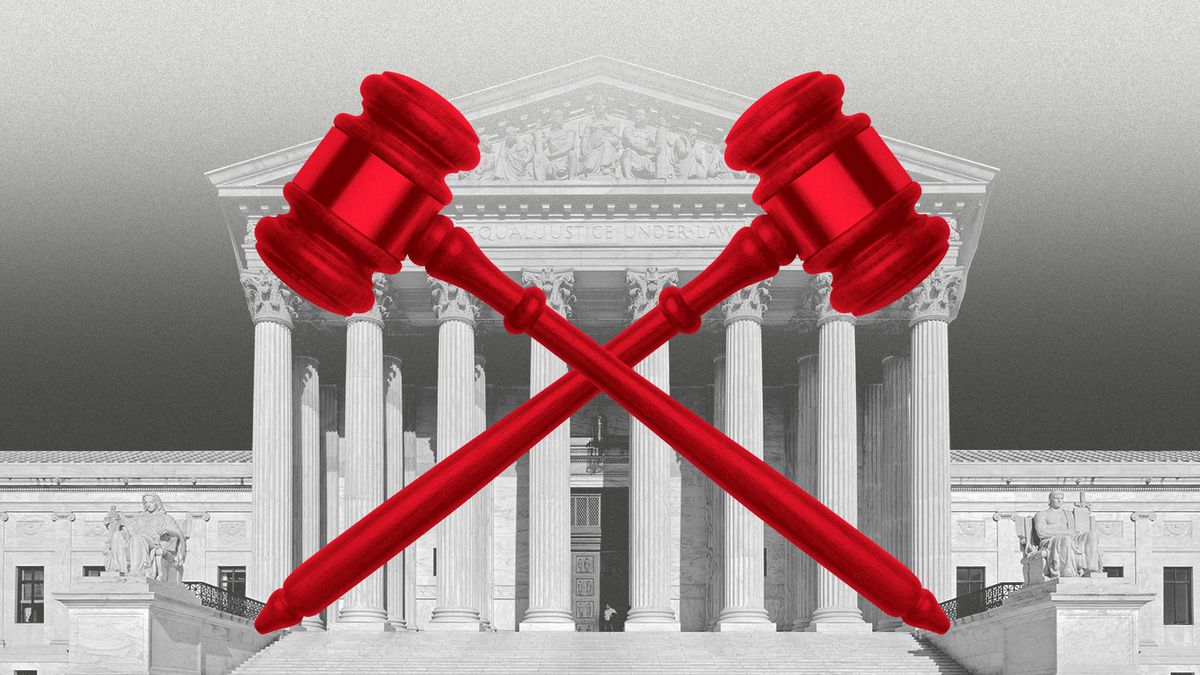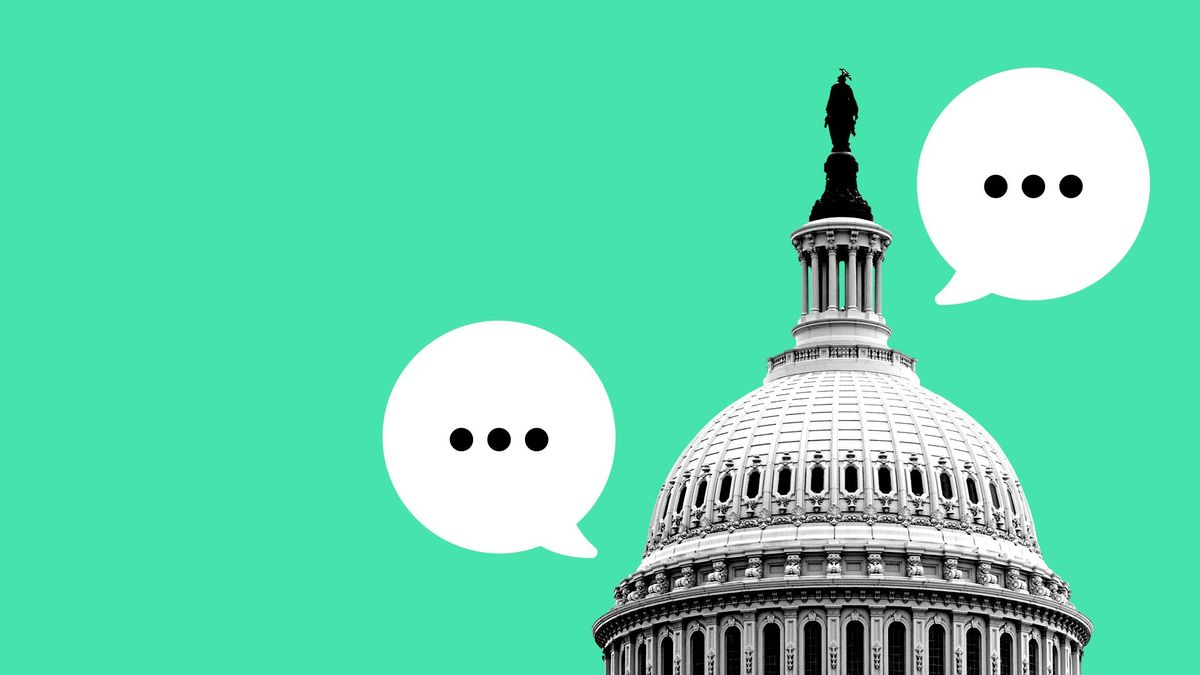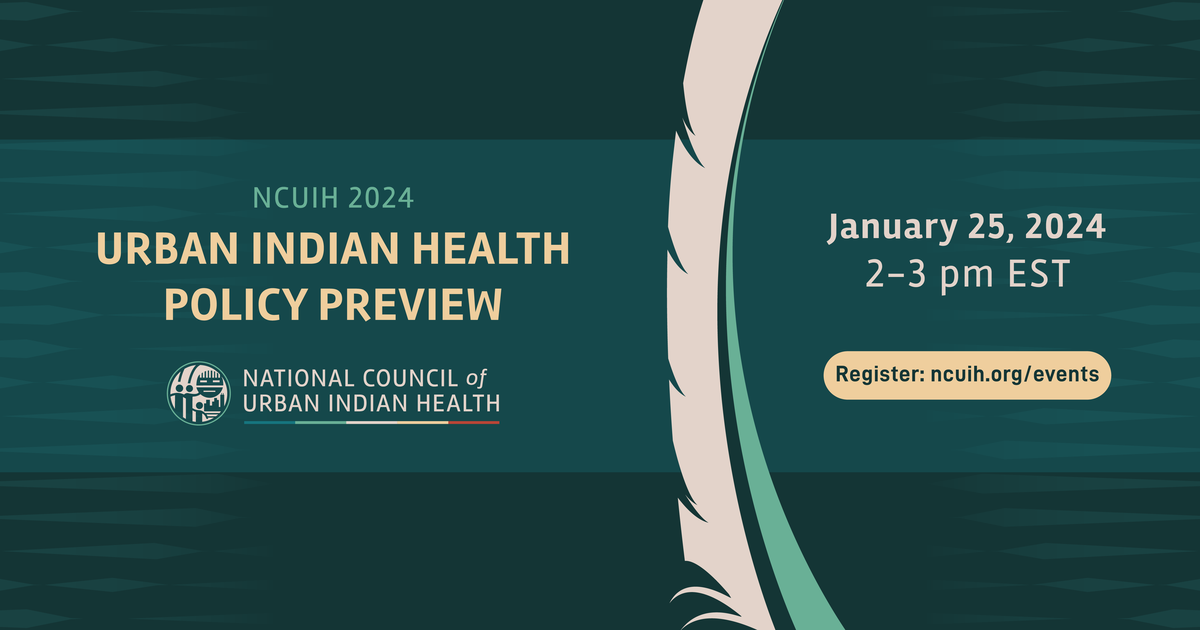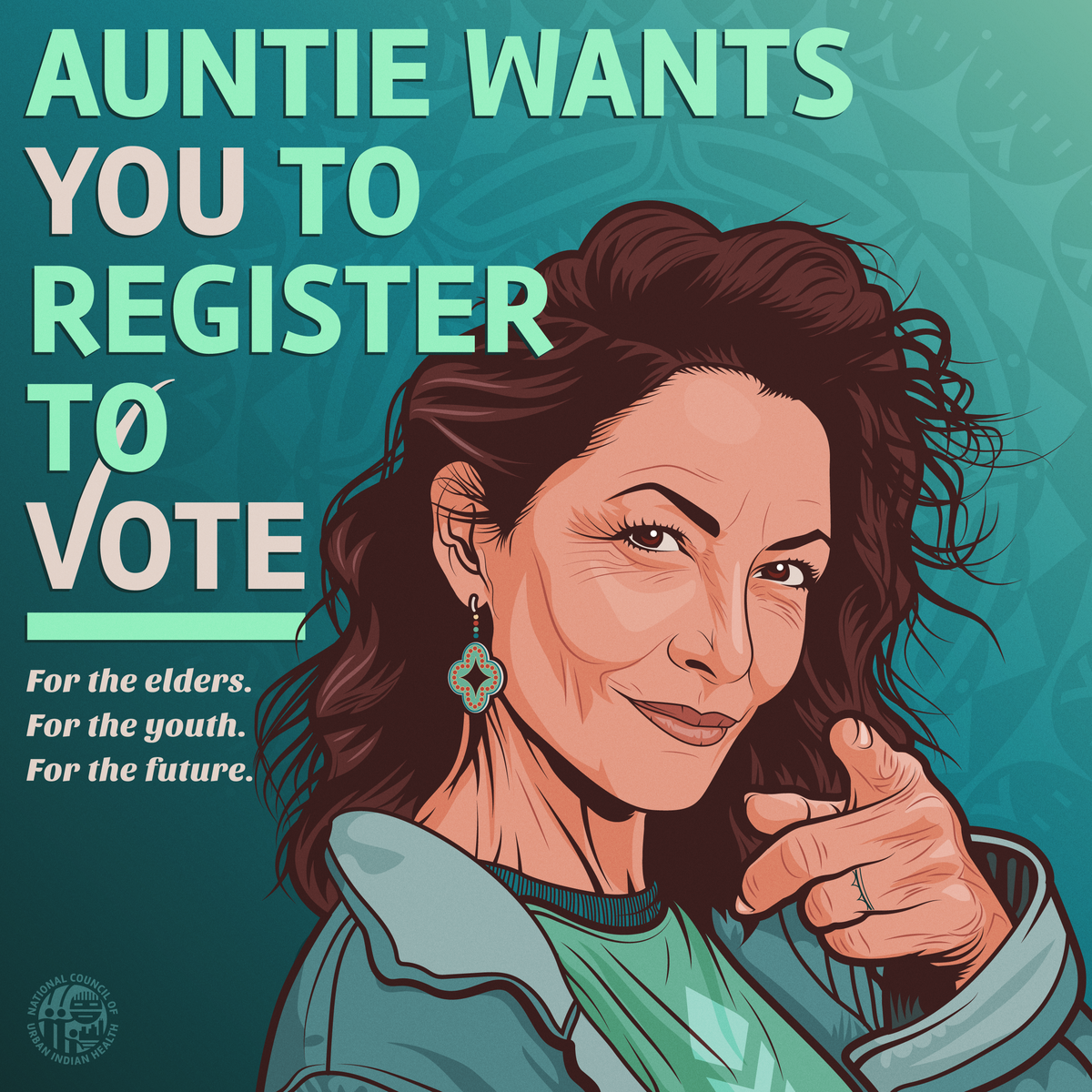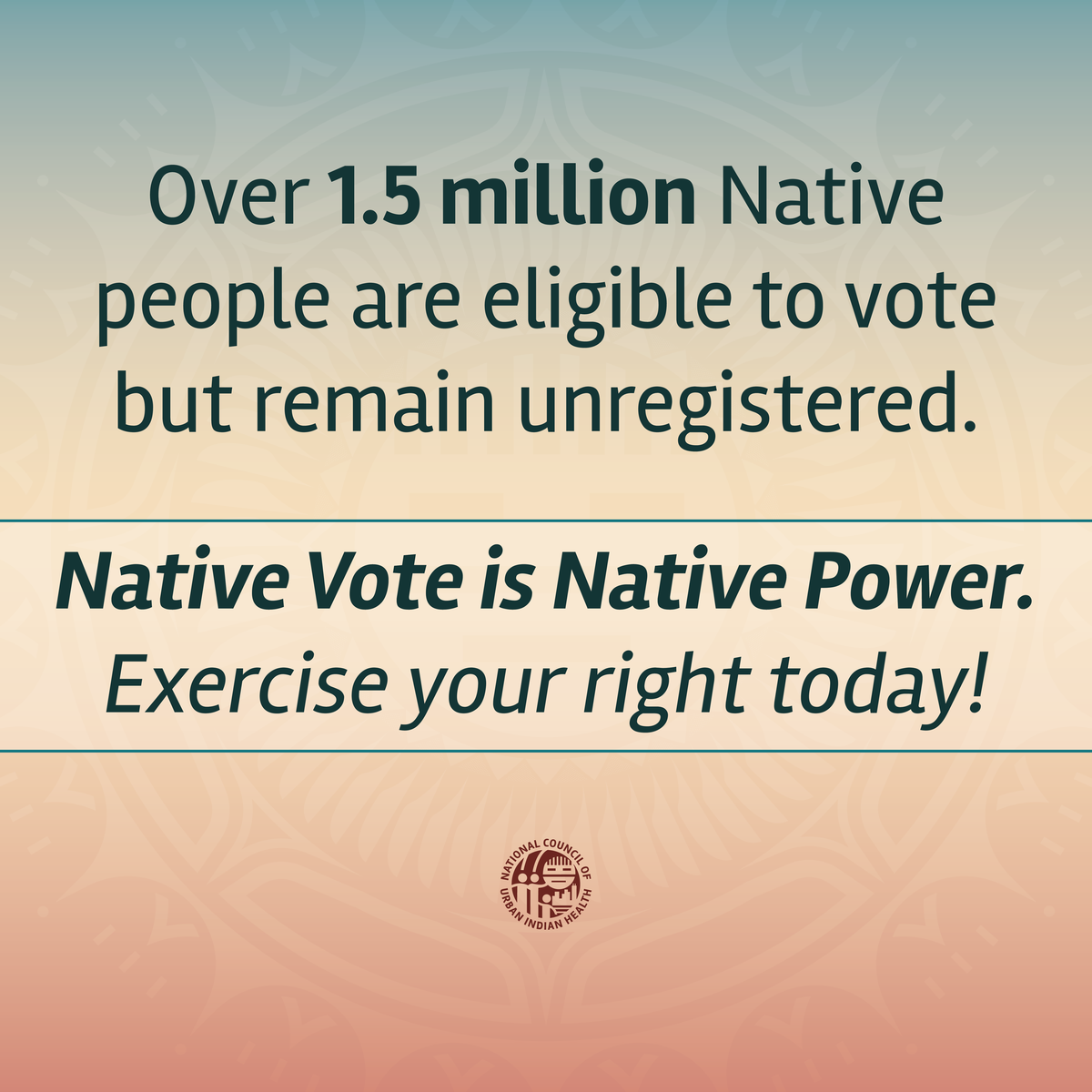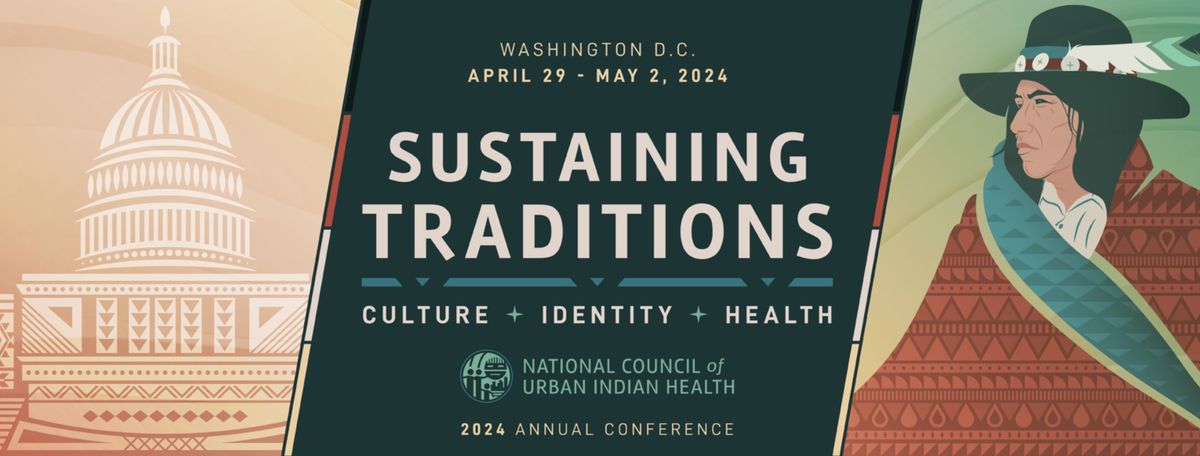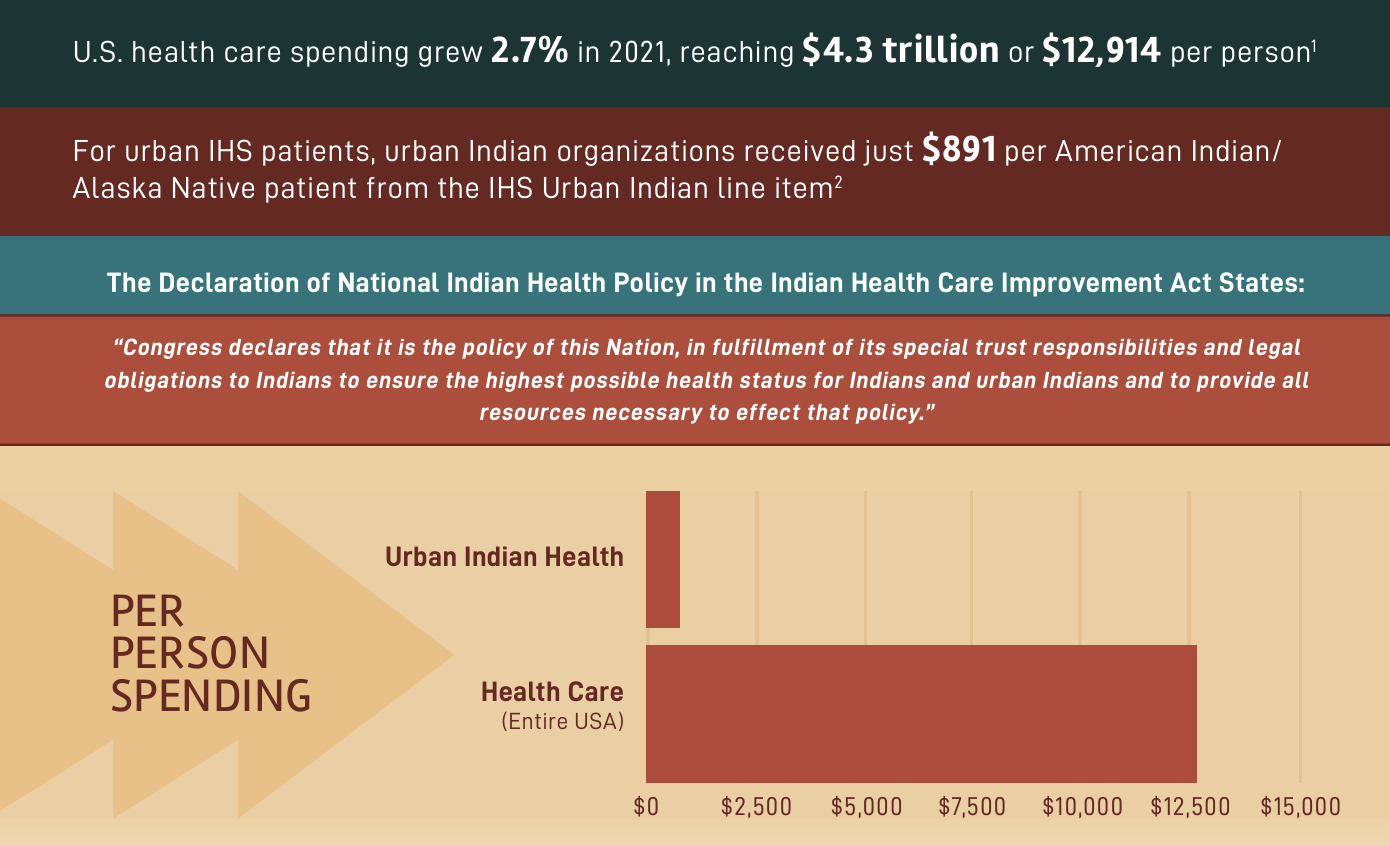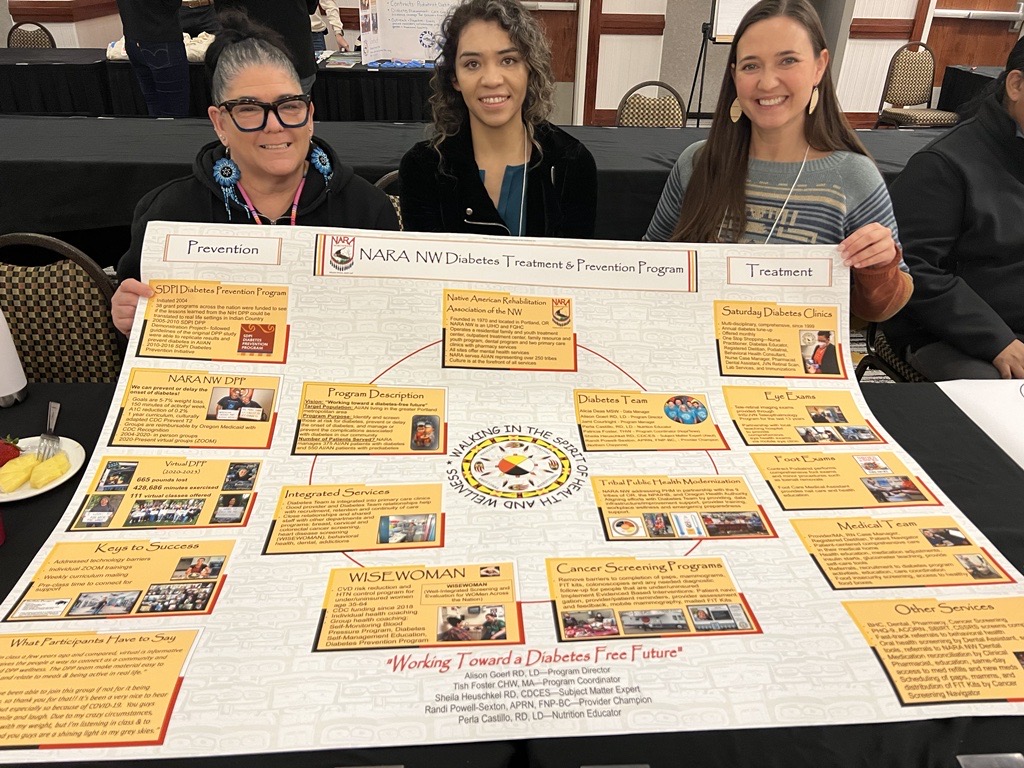IHS Responds to NCUIH’s Request to Provide Clarity on the Health IT Modernization Implementation During Virtual Summit
On December 13, 2023, the Indian Health Service (IHS) held the Health Information Technology (HIT) Modernization Virtual Summit. IHS gave Tribal and urban Indian organization (UIO) leaders an update on the HIT Modernization Program and provided a forum to engage with IHS on the Program. The purpose of the Summit was to raise awareness of the new enterprise Electronic Health Record (EHR) solution and to give Tribal and UIO leaders an opportunity to engage in a conversation with IHS on the HIT Modernization Program. In providing updates on the HIT Modernization implementation process, IHS also responded to comments that the National Council of Urban Indian Health recently submitted to the agency regarding HIT Modernization on December 8.
For more information on the Summit, please click here.
NCUIH Requested IHS Provide Clarity on the HIT Modernization Implementation
On December 8, 2023, NCUIH submitted comments and requests to IHS Director, Roselyn Tso, in response to a Tribal Consultation and Urban Confer and request for input on the HIT Modernization Program. In its comments, NCUIH urged IHS to maintain transparency in the HIT Modernization process to ensure that UIOs stay informed on the progress of the complex, multi-year rollout for the new EHR.
In its comments, NCUIH requested that IHS:
- Clarify the HIT Modernization implementation process. This includes providing clarity on the vendor’s scope of work, the data migration process, and the ways in which IHS will support all facility types.
- Provide an update to the timeline for HIT Modernization implementation. Specifically, NCUIH seeks clarity on the multi-year rollout cohort identification process.
- Provide frequent and regular updates to the IHS HIT Modernization webpage.
- Communicate the status of the Enterprise Collaboration Group (ECG).
IHS Responds to NCUIH’s Request Regarding Focus Groups and the Enterprise Collaboration Group
In NCUIH’s recently submitted comments to IHS regarding HIT Modernization, NCUIH requested clarification on the differences between the Focus Group and the ECG. During the Summit, IHS provided more information on the entities’ role in the HIT Modernization process.
Focus Groups are for every facility regardless of which EHR they are choosing to utilize. The ECG will be comprised of subject matter experts from IHS as well as Tribes and UIOs who provided statements of interest. It will be a chartered entity with many committees that will facilitate structured conversations to help manage the system. The ECG is for entities that will use the new system.
Other Takeaways from the HIT Modernization Program Updates
Timeline
The contract with GDIT is a 10-year indefinite delivery, indefinite quantity (IDIQ) contract. Initial go-live(s) expected to occur late Fiscal Year 2025. IHS requested Tribes and UIO maintain their current HIT system and keep data up to date to support EHR replacement if desired.
Substance Use Disorder Treatment and the New EHR
The EHR will support substance abuse/alcohol abuse treatment centers. IHS stated that it is working to understand how to share patient information with a health information exchange (HIE) partner in compliance with 42 CFR Part 2 (Confidentiality of Substance Use Disorder Patient Records). Because there are limits on how patient information can be shared, IHS is discussing how to share the information effectively under the rules and doing so in the HIE environment.
Background on HIT Modernization
During the November 8, 2023, Tribal Consultation and Urban Confer on HIT Modernization, IHS announced that it selected General Dynamics Information Technology, Inc. (GDIT) to build, configure, and maintain a new IHS enterprise EHR system utilizing Oracle Cerner technology. The new EHR will replace the Resource and Patient Management System.
For more information about HIT Modernization implementation, please click here.
NCUIH Action
NCUIH has submitted several written comments to IHS on HIT Modernization:
- NCUIH Submits Comments to IHS on Health Information Technology Modernization (April 20, 2022)
- NCUIH Submits Comments to IHS on Resource and Patient Management System Replacement and Health Information Technology Modernization Focus Groups (June 3, 2022)
- NCUIH submitted comments to IHS regarding HIT Modernization: Preparing for Change (April 7, 2023)
- NCUIH Requests IHS Support Interoperability, Reimbursement for Health IT Modernization (June 9, 2023)
- NCUIH submitted comments to IHS regarding HIT Modernization Leaders Engaging in Governance (September 1, 2023)
NCUIH also submitted written testimony to the House Appropriations Subcommittee on Labor, Health and Human Services, Education, and Related Agencies regarding the Fiscal year (FY) 2024 funding for UIOs in which NCUIH requested increased funding for EHR Modernization. Specifically, NCUIH requested support for the IHS’ transition to a new EHR system for IHS and UIOs by supporting the President’s budget request of $913 million in FY 2024 appropriations.
NCUIH will continue to closely follow IHS’s progress and policies with HIT Modernization.

